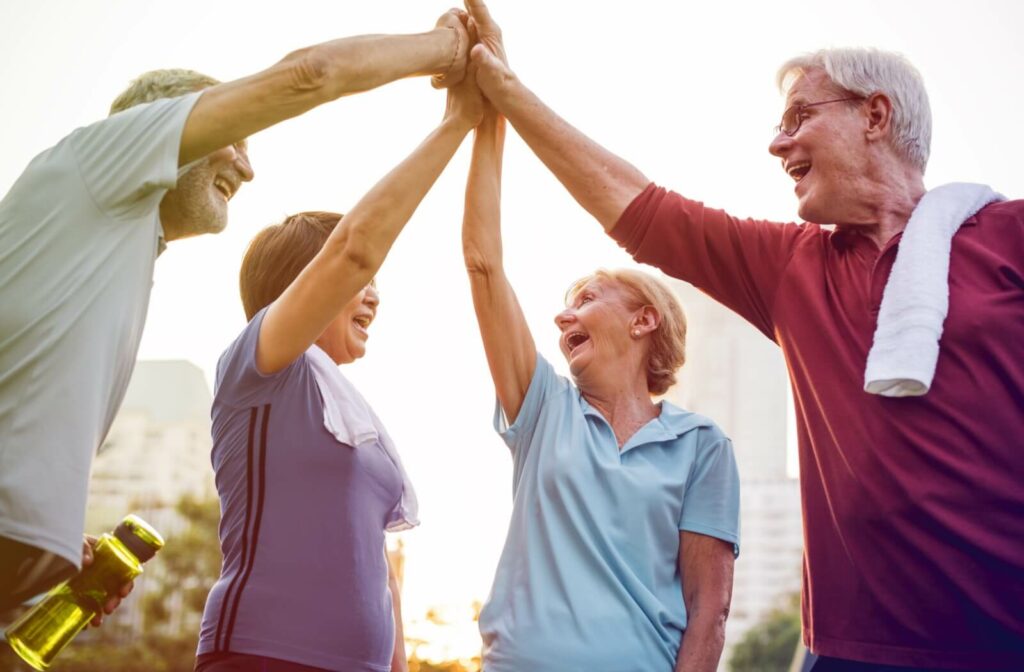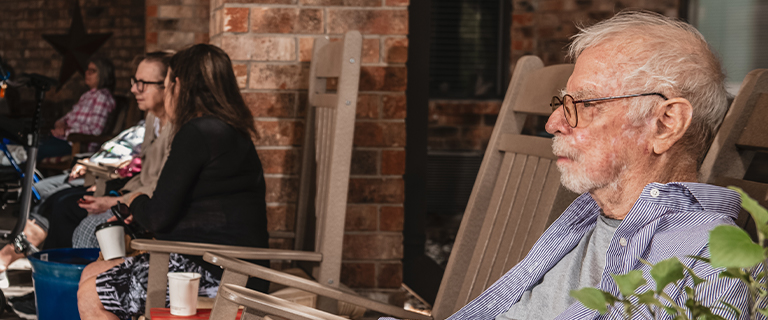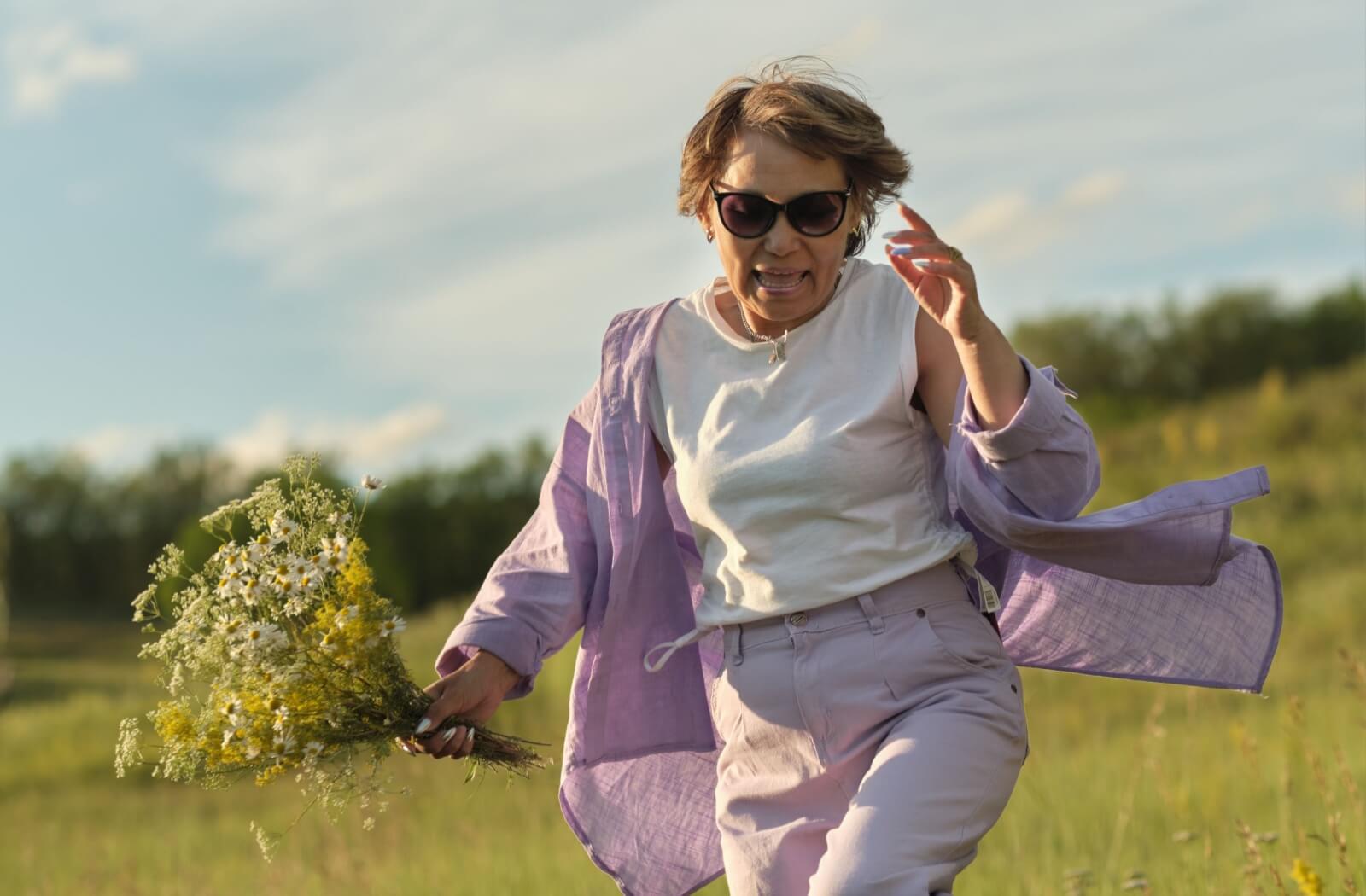Stereotypes are sticky labels that society often slaps onto people based on misconceptions rather than facts. When it comes to our senior population, these stereotypes can be especially harmful, leading to mental health struggles and isolation. A few common stereotypes of the elderly are:
- Seniors are technologically inept
- Seniors are frail or weak
- Seniors are forgetful
These stereotypes can skew perceptions and influence how seniors are treated in various aspects of life. Understanding and challenging these stereotypes is key to building a more inclusive world where our beloved elders are respected and valued for their unique contributions.
Understanding the Nature of Stereotypes
Stereotypes are generalized beliefs or assumptions about a particular group of people. They are often created from incomplete information or cultural myths that simplify complex human traits into oversimplified labels. These ideas are perpetuated in media, casual conversation, and even institutional policies. While some stereotypes may seem harmless, they often lead to prejudices that negatively affect real lives.
Seniors are no strangers to these stereotypes. They’re often viewed through a lens that doesn’t account for individuality. Instead of seeing each senior as a person with unique experiences and talents, society frequently homogenizes them into a single image. This reductionism diminishes their personas and can affect their quality of life in various domains, from personal interactions to healthcare.
Exploring Common Stereotypes About Seniors
Let’s explore some common stereotypes about seniors and how we can overcome them.
Seniors Are Technologically Inept
One of the most prevalent stereotypes about the elderly is that they are technologically inept. This misconception paints a picture of seniors as being lost in the digital age, unable to grasp modern technology like smartphones or social media.
While some older individuals may take longer to adapt to new tech, many are savvy with gadgets and find joy in connecting online with family and friends.
Seniors Are Frail or Weak
Another stereotype is that older adults are inherently frail and weak. This image often sees them as individuals who are constantly in need of physical assistance. While aging can bring physical challenges, it is far from accurate to assume that all seniors are weak. Many older adults engage in regular physical activity, maintain robust health, and live independently.
For example, Parsons House Austin offers fitness classes and a fitness studio specifically for seniors looking to improve and maintain their physical health. Many senior living communities offer similar services to help improve their residents’ lives.
Seniors Are Forgetful
Forgetfulness is yet another stereotype that plagues seniors. The assumption that all seniors suffer from memory loss is incorrect and dismissive of their cognitive abilities. While some cognitive decline is a natural part of aging, it varies greatly among individuals. Many seniors possess sharp minds and continue to learn new things well into their later years.

The Impact of Stereotypes on Seniors
The effects of stereotypes on seniors can be profound and far-reaching. When older adults are constantly met with preconceived notions, it can negatively affect their mental health. Feeling undervalued or underestimated can lead to anxiety, depression, and a sense of isolation. These mental health challenges can further hinder their ability to engage actively with their communities.
Stereotypes can also impact social interactions. If seniors are perceived as frail or forgetful, they may be excluded from certain activities or conversations. This exclusion limits their social circle and reinforces feelings of loneliness and insignificance. It becomes a challenging cycle to break without conscious effort from the community.
Stereotypes in healthcare can lead to inadequate care. If healthcare providers operate under the assumption that a senior patient is frail or forgetful, they might not offer treatments that are appropriate to the individual’s actual health status. Such assumptions can result in either over-treatment or under-treatment, both of which can have serious consequences for the patient’s well-being.
Challenging & Debunking Stereotypes
It’s essential to highlight factual information and share personal stories that showcase the diversity and capability of seniors.
For instance, research suggests that many seniors are not only tech-savvy but also eager to learn new skills. They participate in online courses and use digital platforms to manage various aspects of their lives, from finances to fitness.
Education and awareness are powerful tools in debunking stereotypes. Engaging with seniors in meaningful ways and listening to their stories can break down barriers. By broadening our understanding of what it means to be an older adult, we can appreciate the full spectrum of their capabilities and experiences.
Fostering Empathy & Understanding
Creating a more inclusive society involves promoting empathy and understanding toward seniors. This can be achieved through simple yet impactful actions. Start by engaging with seniors in your community—volunteer at local senior centers or participate in intergenerational programs that foster connections between young and old.
Encouraging open dialogues about aging and stereotypes can also facilitate understanding. Discussing these topics can challenge misconceptions and learn from each other’s perspectives. This dialogue can happen in families, workplaces, and educational institutions, paving the way for a more age-friendly culture.
Senior Living & Being Inclusive
Senior living communities should be a haven for older adults, providing environments that celebrate individuality while providing assistance where necessary for continued independence. At Parsons House Austin, we want to make a difference in each of our residents’ lives by nurturing their personal growth and celebrating their uniqueness.
Contact our compassionate team today to schedule a community tour so you and your loved one can experience community life firsthand.



